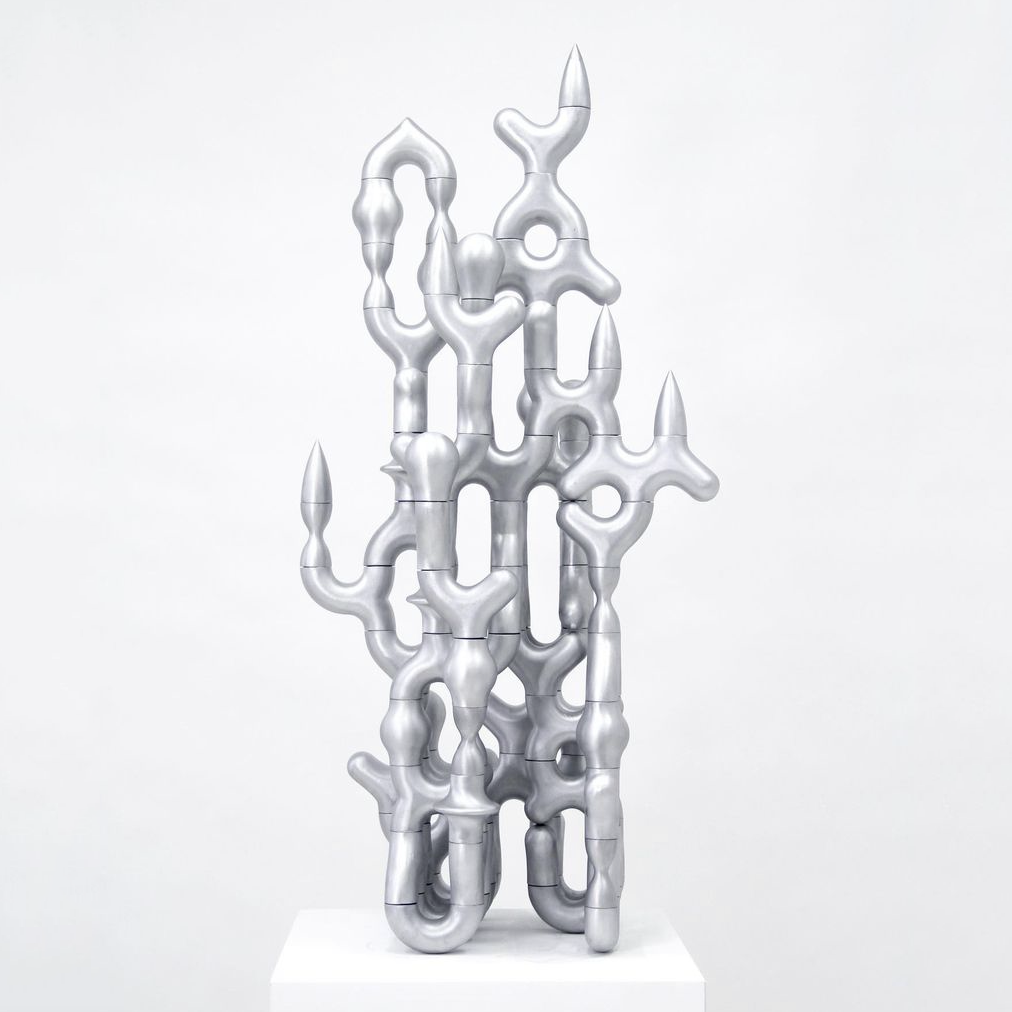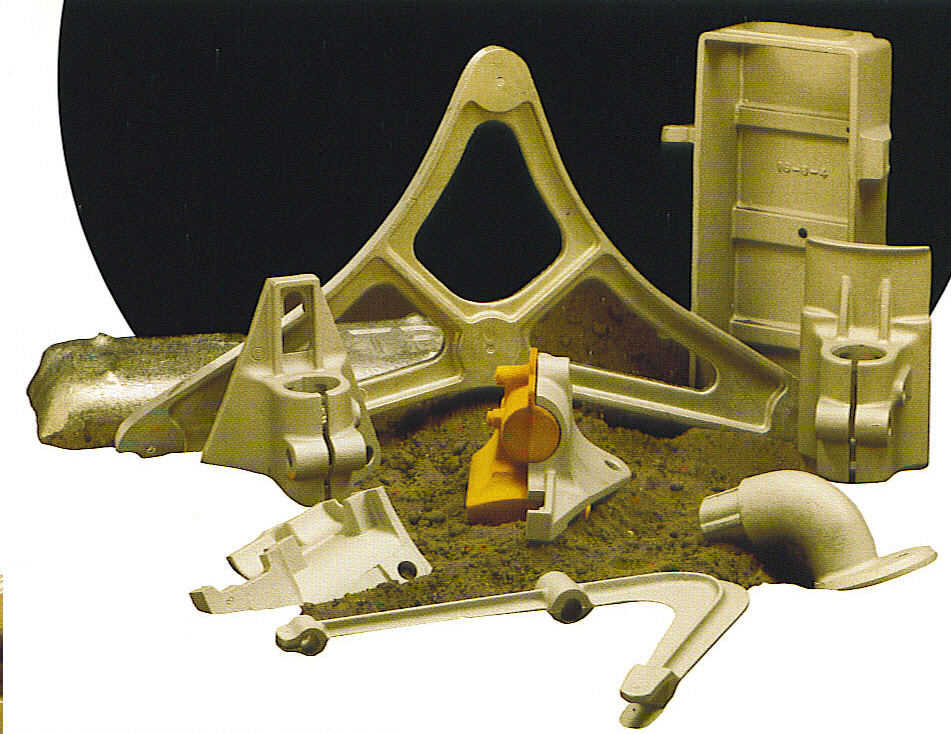Why Aluminum Metal Casting remains a top method for precision components
Finest Practices for Upkeep and Applications in the Light Weight Aluminum Foundry Industry: An In-depth Summary
Keeping equipment in the light weight aluminum shop industry is vital for functional success. Routine inspections and predictive maintenance can substantially reduce downtime and boost safety. Advanced innovations, such as IoT and data analytics, play an essential role in this procedure. However, understanding the complete extent of best methods needs a better examination of certain methods and their impacts on performance. What are the important components that contribute to a dependable maintenance framework?
Significance of Regular Maintenance in Light Weight Aluminum Foundries
Regular upkeep plays an important duty in the effective procedure of light weight aluminum shops. By methodically checking and servicing tools, shops guarantee peak efficiency and durability of machinery. Routine upkeep tasks, such as cleansing, lubrication, and part replacement, assistance stop unanticipated breakdowns that can lead to pricey downtime.
Regular checks boost workplace security by recognizing possible hazards before they escalate into severe issues. Devices that is well-kept operates better, bring about enhanced item top quality and decreased waste. Furthermore, adherence to a structured maintenance schedule can sustain conformity with market guidelines, consequently promoting a credibility for dependability and high quality within the marketplace.
Implementing Predictive Maintenance Techniques
Anticipating maintenance approaches take the concepts of regular maintenance an action even more by leveraging data analytics and progressed tracking technologies. In aluminum foundries, these techniques make it possible for drivers to expect devices failings before they happen, therefore lowering unexpected downtimes and optimizing functional efficiency. By utilizing sensing units and IoT gadgets, real-time information can be accumulated on maker performance, permitting the recognition of potential concerns with predictive analytics.
Enhancing Melting and Putting Procedures
Efficient melting and putting procedures are important for making the most of performance and ensuring the top quality of light weight aluminum spreadings. To improve these processes, shops need to concentrate on specific temperature control throughout melting, as this directly influences the metallurgical buildings of the alloy. Using advanced melting modern technologies, such as induction and resistance melting, can boost energy efficiency and lower cycle times.
Additionally, carrying out automated putting systems reduces human error and keeps uniformity in the putting process. Correct mold and mildew prep work, including appropriate preheating, is crucial to avoid thermal shock and boost mold and mildew longevity.

Enhancing Security Methods in Factory Operations
Prioritizing security in aluminum foundry operations is essential for shielding workers More Help and guaranteeing a productive atmosphere. Efficient safety and security methods consist of regular training sessions that highlight the value of individual protective tools (PPE), such as gloves, goggles, and safety helmets. In addition, the establishment of clear emergency situation procedures is crucial in managing potential crashes.
Normal examinations of tools and machinery assistance recognize threats before they escalate into serious concerns. Carrying out a durable reporting system motivates workers to connect safety worries without concern of consequence. Furthermore, cultivating a culture of security assurances that every worker comprehends their role in maintaining a safe work environment.
Additionally, assuring correct ventilation and monitoring air top quality can mitigate exposure to hazardous fumes and dust. By strengthening these techniques, aluminum factories can considerably decrease the risk of mishaps and develop an environment where employees really feel valued and risk-free, inevitably enhancing general operational performance.
Leveraging Modern Technology for Improved Efficiency
Using innovative technology has actually come to be increasingly crucial for light weight aluminum shops intending to improve functional performance. Automation and robotics play a crucial function in improving manufacturing processes, decreasing labor costs, and decreasing human error. Carrying out real-time monitoring systems permits for the continual analysis of tools efficiency, allowing proactive maintenance and lowering downtime.
Additionally, the combination of information analytics offers valuable understandings into functional process, assisting in better decision-making and source allocation. For instance, anticipating analytics can recognize potential failures before they happen, additional optimizing upkeep timetables.
Furthermore, embracing advanced melting and casting technologies enhances energy efficiency and product return, which are essential for sustainability in the market. By accepting these technological developments, aluminum factories can not only enhance performance but also keep an one-upmanship in a significantly demanding market (Casting Foundry). Ultimately, leveraging modern technology is crucial in driving development and enhancing overall operational efficiency within the sector

Frequently Asked Concerns
What Are Usual Indicators of Equipment Use in Aluminum Foundries?
Usual indications of equipment wear in light weight aluminum factories consist of uncommon noises, reduced performance, raised resonance, overheating components, leakages, and noticeable deterioration. These signs commonly signify the requirement for upkeep or possible replacement to stay clear of pricey downtime.
How Can I Train Staff for Effective Maintenance Practices?
To train personnel for efficient maintenance methods, one can implement hands-on workshops, establish extensive guidebooks, urge mentorship programs, and conduct normal assessments to review abilities and expertise, guaranteeing all workers understand upkeep methods thoroughly.
What Are the Environmental Regulations for Aluminum Foundries?
Light weight aluminum foundries go through different environmental regulations, consisting of exhausts control, waste administration, and source preservation. Conformity guarantees marginal ecological effect, advertising sustainability while adhering to regional, nationwide, and worldwide ecological requirements and regulations.
Exactly How Do Shops Manage Waste and Recycling of Aluminum?
Shops my company manage waste and recycling by carrying out systems for gathering scrap light weight aluminum, making use of advanced splitting up internet technologies, and collaborating with reusing facilities to guarantee reliable healing processes, therefore reducing environmental influence and promoting sustainability within the sector.
What Are the Costs Related To Executing Advanced Technologies?
Implementing innovative technologies in shops incurs significant costs, including initial financial investment, training, and maintenance expenditures. The lasting benefits, such as enhanced efficiency and reduced waste, commonly validate these expenses, leading to improved productivity. (Aluminum Casting)
